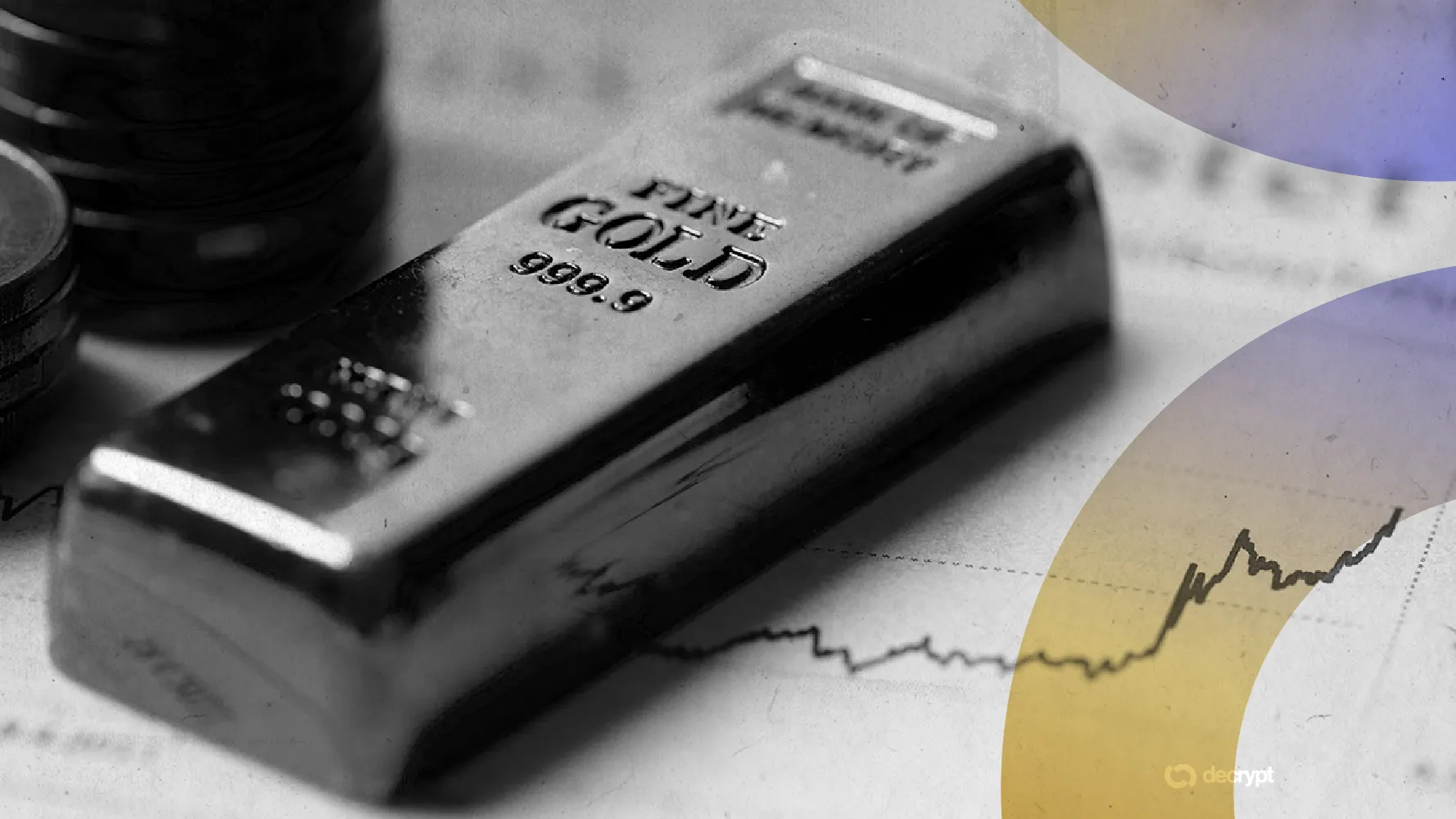Morning Minute: Bitcoin vs Gold and the Race to New ATHs

News Summary
In October 2025, both Bitcoin and Gold achieved new all-time highs. Bitcoin hit $126,000 on October 6th, followed by Gold reaching $4,070 two days later. Year-to-date, Gold has outperformed Bitcoin, rising 52% compared to Bitcoin's 32%. Bitcoin's ascent is primarily fueled by a significant $5.3 billion in ETF inflows, with IBIT being a top performer among ETFs. Gold's rally is driven by rate-cut expectations, safe-haven demand, and continuous central bank purchases, particularly from China and BRICS nations. Despite Bitcoin's market capitalization of $2.6 trillion, it remains dwarfed by Gold's $27 trillion, which is over ten times larger. The article highlights that Gold added $4.2 trillion in market cap over the past three months, equivalent to the entire crypto market. The author suggests owning both assets but personally favors Bitcoin's setup due to persistent ETF demand, tightening float, macro tailwinds from anticipated rate cuts, and traditional "Uptober" seasonality. Additional news includes Jack Dorsey's Block rolling out Bitcoin merchant payments via Square, Luxembourg's sovereign wealth fund investing 1% of its assets into BTC, and Bitwise/21Shares updating their ETH and SOL ETFs to include staking and lower fees. The broader crypto market shows mixed performance, but ZCash notably surged due to new support.
Background
In 2025, global financial markets are navigating a complex period marked by Federal Reserve interest rate policies, geopolitical tensions, and persistent inflation concerns, all of which continue to influence investor sentiment. Within this environment, both Gold, a traditional safe-haven asset, and Bitcoin, the emerging 'digital gold,' have garnered significant attention. Following President Donald J. Trump's re-election, his administration's economic policies could further contribute to market volatility and uncertainty, prompting investors to seek alternative assets for hedging against risks. The cryptocurrency market, particularly Bitcoin, has steadily moved from niche to mainstream, driven by increasing institutional adoption, such as the proliferation of spot ETFs.
In-Depth AI Insights
Can Bitcoin consistently outperform Gold in the short term, especially given ETF inflows and the macroeconomic backdrop? - In the short term, Bitcoin's trajectory might be more driven by its inherent market structure and speculative sentiment rather than pure fundamentals. The article highlights persistent ETF inflows as a key catalyst for Bitcoin's rally, but the intensity and sustainability of these flows warrant close observation. - While the "Trump pump" had a notable impact, macroeconomic rate-cut expectations and seasonal factors benefit both assets. However, Gold, as a more mature safe-haven, might offer more stable performance during heightened uncertainty, particularly amidst global central bank reserve diversification and safe-haven demand. - Given Gold's significantly larger market capitalization, Bitcoin faces considerable challenges in consistently outperforming Gold and substantially closing the market cap gap in the short term. What long-term strategic shift does institutional investment in Bitcoin, such as by the Luxembourg sovereign wealth fund, reveal? - This signals a deepening acceptance of cryptocurrencies by mainstream institutions, viewing them as tools for long-term portfolio diversification and inflation hedging, rather than merely speculative assets. - The participation of sovereign wealth funds sends a strong signal of trust, likely encouraging other large institutions to follow suit, further legitimizing and enhancing Bitcoin's liquidity. This represents a potential disruption to traditional asset allocation strategies, where digital assets are beginning to claim a more significant role. - It also reflects underlying concerns about the long-term debasement risks of traditional fiat currency systems, prompting these funds to seek assets that offer uncorrelated returns. What profound implications does the article's mention of "generational wealth transfer" have for the long-term relative performance of Bitcoin and Gold? - The "generational wealth transfer" is a structural, long-term trend where wealth from Baby Boomers is expected to pass to Millennials and Gen Z over the coming decades. These younger generations, having grown up in a digitally native environment, exhibit a much higher acceptance of digital assets than of Gold. - This shift in cultural and technological preference could lead to sustained long-term growth in demand for digital gold (Bitcoin) while demand for traditional Gold grows more slowly, or is even surpassed by Bitcoin in the mid-to-long term. - This trend suggests significant long-term market capitalization growth potential for Bitcoin, potentially challenging Gold's status as the ultimate store of value. However, this will not happen overnight and requires continued improvements in digital infrastructure, regulatory frameworks, and user experience.